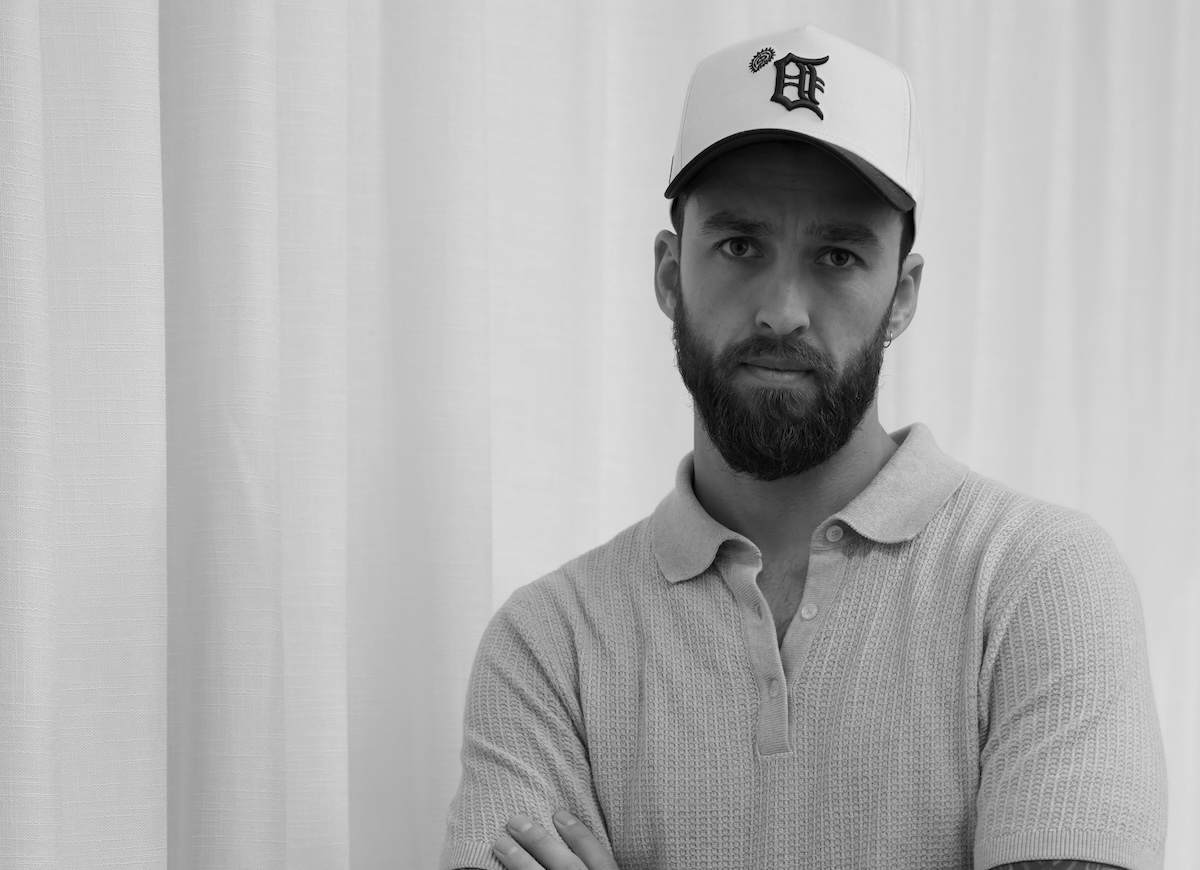Kiwi marketing agency challenges industry norms with bold commission model

The traditional client-agency relationship in New Zealand’s marketing industry is undergoing a major shakeup, thanks to Harry Dalton, founder of Auckland-based Academy Agency. Known for his success with brands like YOUKNOW Clothing, Stolen Girlfriends Club and Aglow, Dalton is piloting a new commission-based model designed to revolutionize the way agencies work with their clients.
By 2022, digital advertising accounted for 60% of New Zealand’s total $3.39 billion ad spend —money largely spent offshore with platforms like Facebook, Google, and TikTok, with no commission returned to local agencies. That’s $2 billion that would have previously been spent on New Zealand television or billboards. So it’s easy to see why TV and news stations are collapsing.
While partnering with an agency is often more cost-effective than building in-house teams—estimated to require at least $400,000 annually for key roles such as project managers, videographers, and social media managers—Dalton sees a fundamental problem with the current system.
“We grow our clients fast, and they make millions of dollars from the marketing strategies and execution we provide,” says Dalton. “But after a couple of years, when their leadership changes, we often get pushed out. It leaves us with nothing, even though we’ve invested heavily in building the team that drove their success.”
The root of the issue, Dalton explains, lies in how digital platforms dominate advertising spend. Before social media giants, traditional media like television and billboards offered agencies a 20% commission on bookings. This arrangement balanced the costs for clients while ensuring agencies had a steady income. Today, platforms like Facebook and TikTok don’t provide commissions, forcing clients to pay additional fees to agencies.
Dalton believes a return to commission-based relationships could be key to restoring balance in the industry. His pilot initiative introduces a 5% commission on client sales, rather than charging large upfront fees.
“It’s a way to align our incentives with our client’s success,” Dalton explains. “If their sales grow, we grow too. It removes the enormous upfront fees that can be a barrier for businesses and creates a sustainable partnership model.”

The move is bold but comes at a pivotal time. Dalton warns that without significant changes, New Zealand agencies could face a bleak future. “The current system doesn’t work for agencies or clients. If we don’t adapt, the stress and risk will drive great agencies out of the market entirely.”
While Dalton sees the 5% model as a solution for now, he hopes the industry will eventually address the larger issue: the dominance of international platforms absorbing the lion’s share of marketing budgets. “One day, I’d like to see platforms like Facebook offer commissions back to agencies. But until then, we’re creating a model that works for New Zealand businesses today.”
Academy Agency’s bold experiment could set a precedent for how agencies and businesses collaborate, offering a glimpse into a more equitable future for the industry.
